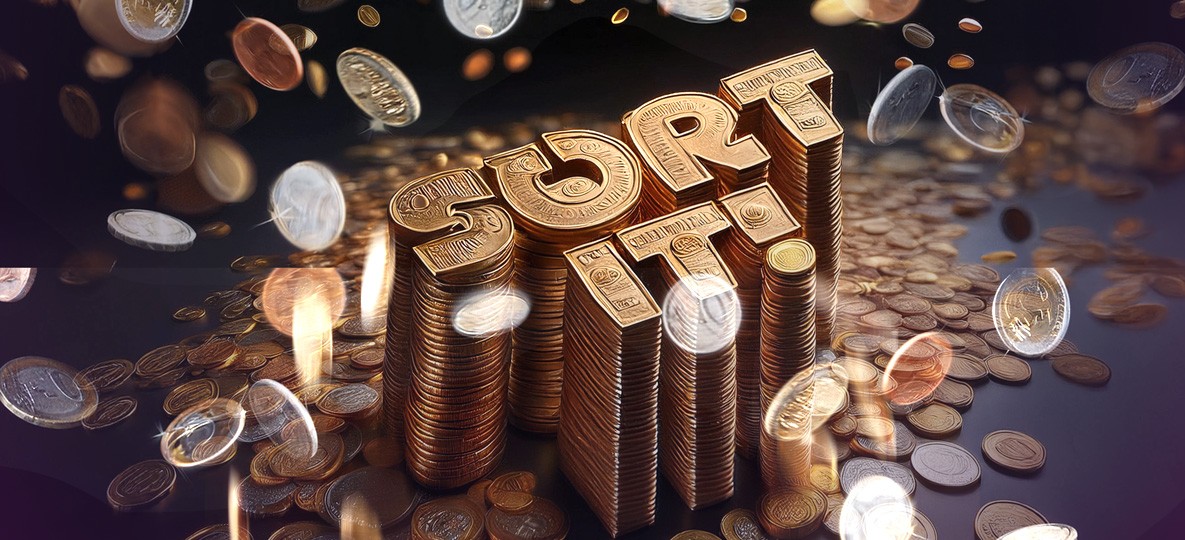
Recycling is often championed for its environmental benefits, but the economic advantages are just as compelling. In Ireland, where waste generation continues to grow, recycling presents an opportunity for businesses to not only reduce their environmental impact but also to save money, create jobs, and improve their bottom line. In this post, we’ll explore the economics of recycling with a focus on how it can benefit Irish businesses and workers.
1. Cost Savings Through Reduced Waste
Disposal
One of the primary financial benefits of recycling is the reduction in waste disposal costs. In Ireland, landfill disposal fees have increased significantly in recent years, making it costly for businesses to rely on traditional waste disposal methods. As of 2023, the landfill levy stands at €75 per tonne (Ref). By reducing the amount of waste sent to landfills through recycling, companies can significantly lower their waste management expenses.
Example: A typical office that switches to a
robust recycling system for paper, plastic, and glass can reduce the number of
general waste collections required, resulting in direct cost savings on waste
disposal fees.
Tip: Encourage employees to reduce,
reuse, and recycle through educational campaigns and by placing recycling
stations in key areas of the office, such as kitchens, print areas, and break
rooms.
2. Revenue
from Recyclable Materials
Certain recyclable materials—such as metals, plastics, and paper—can be sold to recycling facilities, providing businesses with an additional revenue stream. Ireland has a well-established market for recycling materials, particularly metals. According to Repak, an Irish organisation specialising in packaging recycling, Ireland exceeded its EU targets in 2022, with a recycling rate of 75% for paper and 69% for metals (Repak).
Example: A manufacturing company that
recycles scrap metal or off-cuts can sell these materials to recycling
processors, which reduces waste and generates extra income. Some businesses may
even qualify for rebates based on the volume and quality of the recyclables
they produce.
3. Job
Creation in the Recycling Industry
Recycling is
a more labour-intensive process than landfilling or incineration, and as a
result, it creates more jobs. In Ireland, the recycling industry provides
employment opportunities in areas such as collection, sorting, and processing
of recyclable materials. It is estimated that recycling creates 10 jobs for
every 1 job in landfilling (Ref).
Statistic: Ireland’s waste management sector
is growing, with over 1,000 people employed directly in recycling-related roles
across the country (Ref). By supporting recycling
initiatives, businesses not only contribute to environmental sustainability but
also help create jobs in local communities.
4. Reduced
Environmental and Economic Costs of Landfill Use
Ireland faces
increasing pressure to reduce its reliance on landfills due to environmental
concerns and rising landfill management costs. Sending waste to landfills not
only harms the environment but also incurs significant long-term expenses for
monitoring and maintaining these sites. In 2021, Ireland generated 1.84 million
tonnes of household waste, of which only 41% was recycled (Ref) (Ref). Increasing recycling rates would
significantly reduce the strain on landfills and associated costs.
Environmental
Impact: By
diverting waste from landfills, businesses help to lower methane emissions, a
potent greenhouse gas produced by organic waste in landfills. This contributes
to Ireland’s climate goals and helps avoid future regulatory costs associated
with carbon emissions.
5.
Building a Circular Economy
A circular
economy keeps materials in use for as long as possible, extracting maximum
value before recycling and regenerating them at the end of their lifecycle. In
Ireland, the government is committed to promoting the circular economy through
initiatives such as the Circular Economy Bill 2021, which encourages businesses
to adopt recycling and waste reduction practices (CSO).
Example: Electronics manufacturers can
participate in the circular economy by recycling rare earth metals and
components from old devices, reducing their need for new raw materials. This
not only lowers costs but also helps stabilise supply chains that are vulnerable
to price fluctuations in virgin materials.
6.
Improved Brand Reputation and Customer Loyalty
Sustainability
has become a key differentiator for businesses, with eco-conscious consumers
actively seeking out brands that are committed to environmental responsibility.
By integrating recycling programs and sustainability initiatives, businesses
can enhance their public image and attract customers who prioritise green
practices.
Statistic: A survey conducted by Repak Team
Green found that 85% of Irish consumers consider the environmental impact of
their purchasing decisions (Repak).
Businesses that highlight their recycling and waste reduction efforts can build
stronger relationships with these consumers and enhance customer loyalty.
Conclusion
For Irish businesses,
the economics of recycling presents a compelling case for sustainability. By
reducing waste disposal costs, generating revenue from recyclables, creating
jobs, and improving brand reputation, companies can make recycling a win-win
strategy. Additionally, supporting recycling helps Ireland meet its
environmental targets, reduce landfill reliance, and build a more circular
economy.
#SortItCampaign
#RecyclingEconomics #Sustainability #CircularEconomy #GreenBusiness
#IrelandRecycles